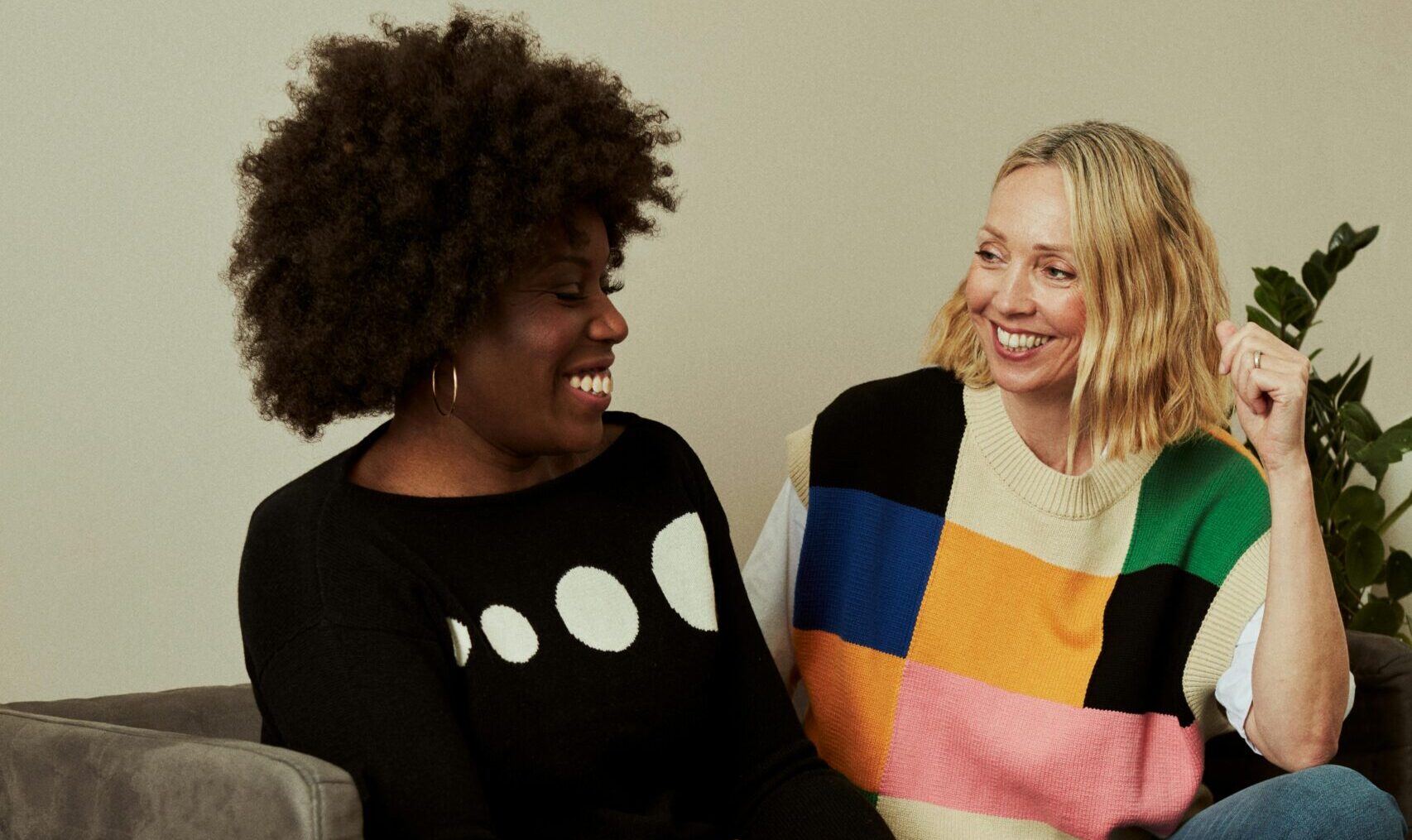What is Mental Health First Aid?
Discover why you should become a Mental Health First Aider

Most people are familiar with the idea of physical first aid courses that teach the skills and knowledge required to recognise and respond to life-threatening emergencies and provide a first aid response across a range of different situations.
If you have a first aid qualification you would likely know how to aid someone experiencing an injury like a sprained ankle or a snake bite, however, those with Mental Health First Aid training know how to assist someone having a panic attack or expressing thoughts of suicide.
Using practical, skills-based action plans, individuals learn the skills to not only recognise but also respond to adults experiencing mental health problems or a mental health crisis, until professional help is received, or the individual’s crisis is resolved.
Those who complete Mental Health First Aid training are equipped with the skills to listen, connect, and offer support when individuals need it most. Mental Health First Aiders play an incredibly important role in reducing the stigma that surrounds mental health and promotes pathways to support those experiencing mental health problems or crises in our communities.
Key Elements of MHFA training:
The key aims of Mental Health First Aid Training are:
- Ensure safety in situations where there’s a risk of harm to oneself or others,
- Offer support to prevent escalation of mental health issues,
- Encourage the journey towards mental wellness and recovery,
- Provide reassurance and comfort to individuals facing mental health challenges.
These key points in the training allow a Mental Health First Aider to:
- Provide help to prevent the mental health problem from becoming more serious.
- Promote the recovery of good mental health.
- Provide comfort to a person experiencing a mental health problem.
Why Mental Health First Aid Training is important:
In situations where an adult is experiencing a mental health crisis, individuals may hesitate or even avoid helping due to fear, feelings of being unprepared, not wanting to overstep into someone’s private life, or even dismissing signs as just a bad day or part of someone’s personality. These actions are often influenced by negative attitudes, known as stigmas, such as the belief that individuals with mental health issues could recover if they tried, or that such problems indicate weakness. Those with mental health challenges may experience self-stigmatisation, like feeling embarrassed, ashamed, or guilty, which can hinder them from seeking help.
This is why more people must be trained as Mental Health First Aiders. When more people understand the signs of a mental health crisis, we can work together to reduce the stigma that surrounds mental health. Mental Health First Aiders don’t only know how to recognise and direct an individual to the mental health professionals, they also encourage a culture of safety.
A space where there are mental health first-aiders creates a culture of mental health safety. A culture that actively works to discuss the mental health challenges that individuals may be experiencing. Increasing the number of MHFAiders works towards early intervention, a key part of Community Health.
Mental Health First Aiders are qualified to assist those experiencing any of the following:
- Depression,
- anxiety,
- Psychosis,
- substance abuse,
- eating disorders,
- Gambling,
- suicidal thoughts or behaviours,
- non-suicidal self-injury (often referred to as self-harm),
- panic attacks,
- traumatic events,
- severe psychotic states,
- aggressive behaviours.
Conclusion:
With 1 in 5 Australian adults experiencing a mental health issue every year, everyone is likely to have a connection to someone facing challenges with their mental health, whether it’s a family member, a friend, or a colleague. The early intervention provided by Mental Health First Aiders has been shown to lead to better outcomes for those experiencing mental health challenges.
If you want to become a mental health first aider, click here to enrol in one of our 2-day qualifications. Join Celtic Training as we work towards a community of mental health safety.
Sources:
https://www.mhfa.com.au/our-courses/adults-supporting-adults/standard-mental-health-first-aid/
https://www.healthdirect.gov.au/mental-health-first-aid
https://www.ncbi.nlm.nih.gov/pmc/articles/PMC6855233/
https://thefirstaidcoursesydney.com.au/blog/4-components-of-mental-health-first-aid/